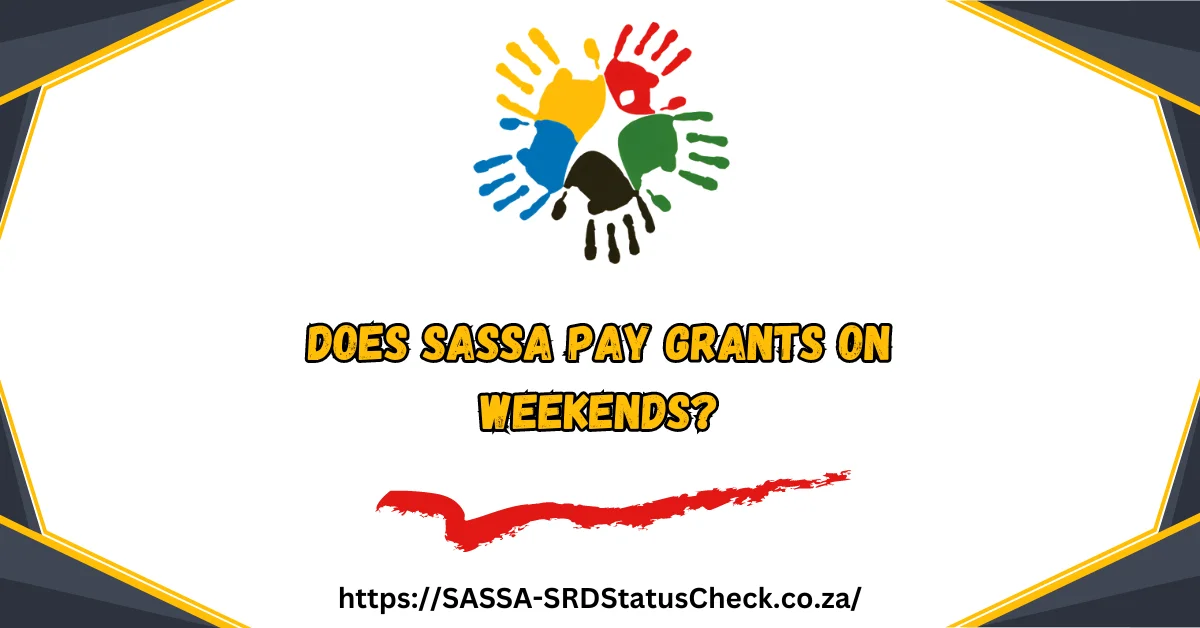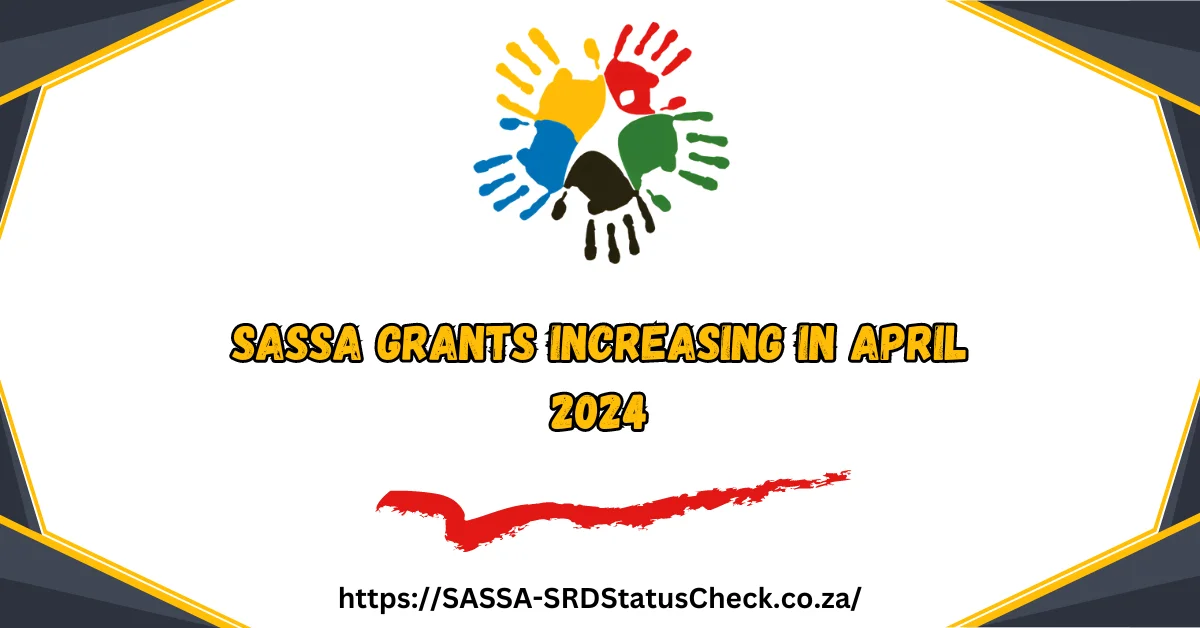Did you know that many people miss out on SASSA grants simply because they’re unsure about eligibility? Understanding the income thresholds can be the key to unlocking much-needed financial support.
That’s why in this article we are going to look at how much must you earn to qualify for SASSA grants in 2024. So, let’s get started!
How Much Must you Earn to Qualify for SASSA Grant in 2024? (Quick Answer)
SASSA grant income limits vary by grant type. For Social Relief of Distress, earn less than R624 monthly. Child Support Grant requires under R5,000 (single) or R10,000 (married). Disability and Older Person’s grants allow up to R8,070 (single) or R16,140 (married). Foster Child Grant has no income limit.
How Much Must you Earn to Qualify for SASSA Grant in 2024? (Easy Table)
| Grant Type | Income Limit (Single/Unmarried) | Income Limit (Married/Cohabiting) |
|---|---|---|
| Social Relief of Distress (SRD) | Monthly income Less than R624 | Monthly income Less than R624 |
| Child Support Grant (CSG) | Monthly income Less than R5,000 | Combined monthly income Less than R10,000 |
| Care Dependency Grant (CDG) | Monthly income Less than R20,800 | Combined monthly income Less than R41,600 |
| Disability Grant | Monthly income Less than R8,070 | Combined monthly income Less than R16,140 |
| Older Person’s Grant | Monthly income Less than R8,070 | Combined monthly income Less than R16,140 |
| War Veteran’s Grant | Monthly income Less than R8,070 | Combined monthly income Less than R16,140 |
| Foster Child Grant | No income limit | No income limit |
Applicant’s Income Eligibility for All SASSA Grants
Social Relief of Distress Grant Income Limit (SRD Income Eligibility)
The Social Relief of Distress (SRD) grant is meant for people going through temporary hard times. To get this grant, your monthly income can’t be higher than R624. That’s not very much money at all!
If you earn more than R624 per month, you unfortunately won’t qualify for the SRD grant. This grant is specifically for those living in extreme poverty for a short period.
Child Support Grant Income Limits (CSG Income Eligibility)
The Child Support grant helps caregivers afford to raise children under 18. But there are different income limits depending on your marital status:
Single Caregiver Income Limit
- If you are single and caring for a child, your monthly income must be under R5,000 to get the Child Support grant.
Married Caregiver Income Limit
- If you are married, your combined household monthly income cannot exceed R10,000.
So for married couples, both incomes get added together. But for single caregivers, only your personal income matters for qualifying.
Care Dependency Grant Income Caps (CDG Income Eligibility)
The Care Dependency grant provides support for taking care of a severely disabled child. The income limits are:
Single Applicant Cap
- If you are single, your monthly income has to be under R20,800.
Married Applicant Cap
- If you are married, your combined household monthly income can’t go over R41,600.
These higher income limits recognize that it can be very expensive to properly care for a severely disabled child. But you still can’t earn too much money and qualify.
Disability Grant Income Thresholds (Disability Grant Income Eligibility)
For people with disabilities, there is the Disability grant. The income rules are:
Single Person Income Limit
- If single, you must earn less than R8,070 per month or R96,840 per year.
Married Income Threshold
- If married, your combined household income must be under R16,140 per month or R193,680 per year.
Disabilities can make it very difficult to earn a living. So these income limits allow people with disabilities to still qualify while earning a modest amount.
Income Caps for Senior Grants
There are three main grants for senior citizens – the Older Person’s Grant, Grant-in-Aid, and War Veteran’s Grant. They all follow the same income rules:
Senior Single Income Limit
- For single seniors, your monthly income must be under R8,070.
Senior Married Income Cap
- For married seniors, your combined household monthly income can’t exceed R16,140.
These are intended to provide a basic level of financial support for seniors with little to no income in retirement.
No Income Limit for Foster Child Grant
One grant without any income requirements is the Foster Child Grant. No matter how much money you earn, you can still potentially qualify for this grant if you are caring for a foster child.
The foster child grant is meant to help cover the basic costs of housing and caring for a child who is not biologically yours. Your income level does not impact eligibility.
Income Eligibility for All SASSA Grants in 2024 [Full Chart]
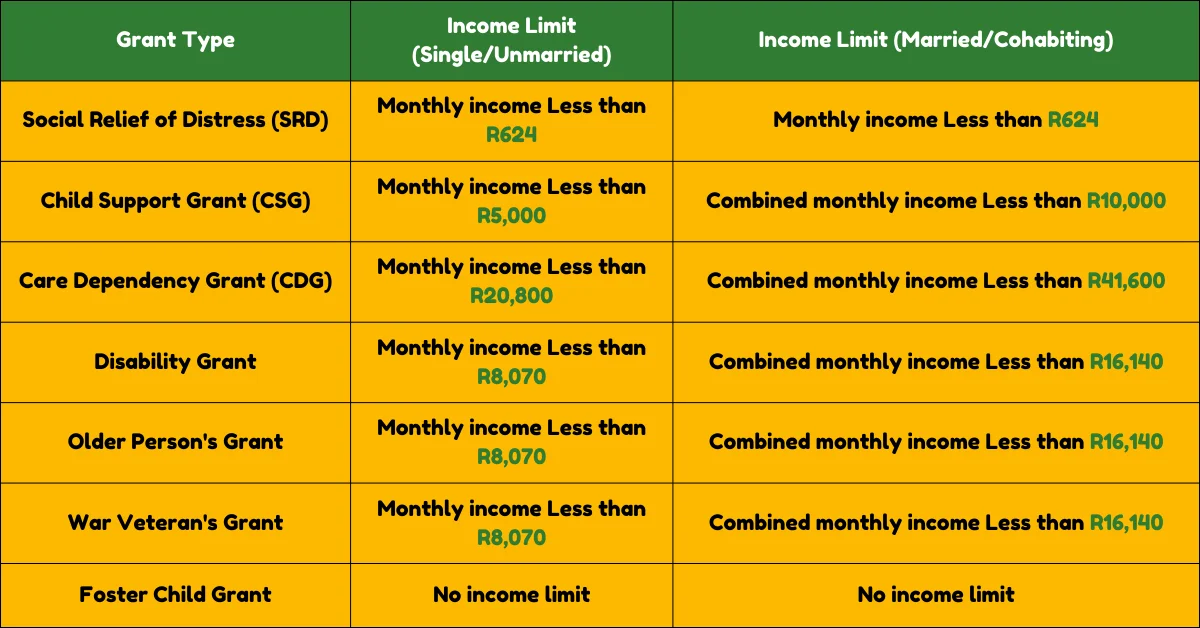
Assets Are Also Considered
It’s important to note that SASSA does not only look at your income. They also check your assets to make sure you really need the grant money. Even if your income qualifies, you may be denied if you have too many assets, and for that they have SASSA Means Test.
Make Sure You Qualify
Many people apply for SASSA grants but get denied because their income is too high. Use this guide to understand the income limits for each grant type. If your income exceeds the limit, you likely will not receive that SASSA grant. Check that you meet all the requirements before applying.
SASSA has to follow strict rules about who qualifies for grants. The goal is to provide help to as many truly needy people as possible. By understanding and meeting the income (and asset) criteria, you can increase your chances of receiving much-needed financial assistance from SASSA programs.

I’m Anele Zulu, a South African social worker dedicated to serving my country’s most vulnerable. With my degree and field expertise, I empower underprivileged communities through compassionate support and tireless advocacy on this website. My goal is simplifying access to services so families can uplift themselves
Contents
- 1 How Much Must you Earn to Qualify for SASSA Grant in 2024? (Quick Answer)
- 2 How Much Must you Earn to Qualify for SASSA Grant in 2024? (Easy Table)
- 3 Applicant’s Income Eligibility for All SASSA Grants
- 3.1 Social Relief of Distress Grant Income Limit (SRD Income Eligibility)
- 3.2 Child Support Grant Income Limits (CSG Income Eligibility)
- 3.3 Care Dependency Grant Income Caps (CDG Income Eligibility)
- 3.4 Disability Grant Income Thresholds (Disability Grant Income Eligibility)
- 3.5 Income Caps for Senior Grants
- 3.6 No Income Limit for Foster Child Grant
- 4 Income Eligibility for All SASSA Grants in 2024 [Full Chart]
- 5 Assets Are Also Considered
- 6 Make Sure You Qualify

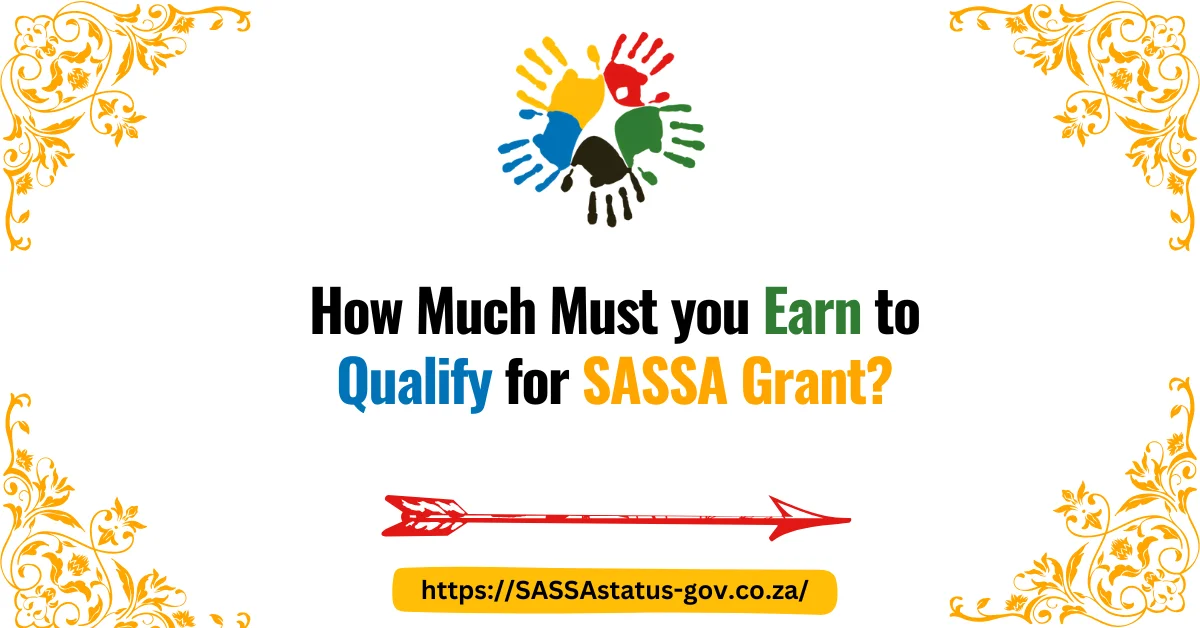

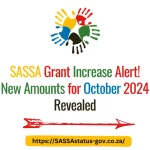
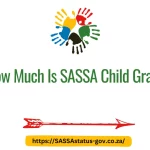
![SASSA Payment Dates for November 2024 [Confirmed Dates] SASSA Payment Dates for November 2024](https://sassasrdstatus.web.za/wp-content/uploads/2024/10/SASSA-Payment-Dates-for-November-2024-150x150.webp)
